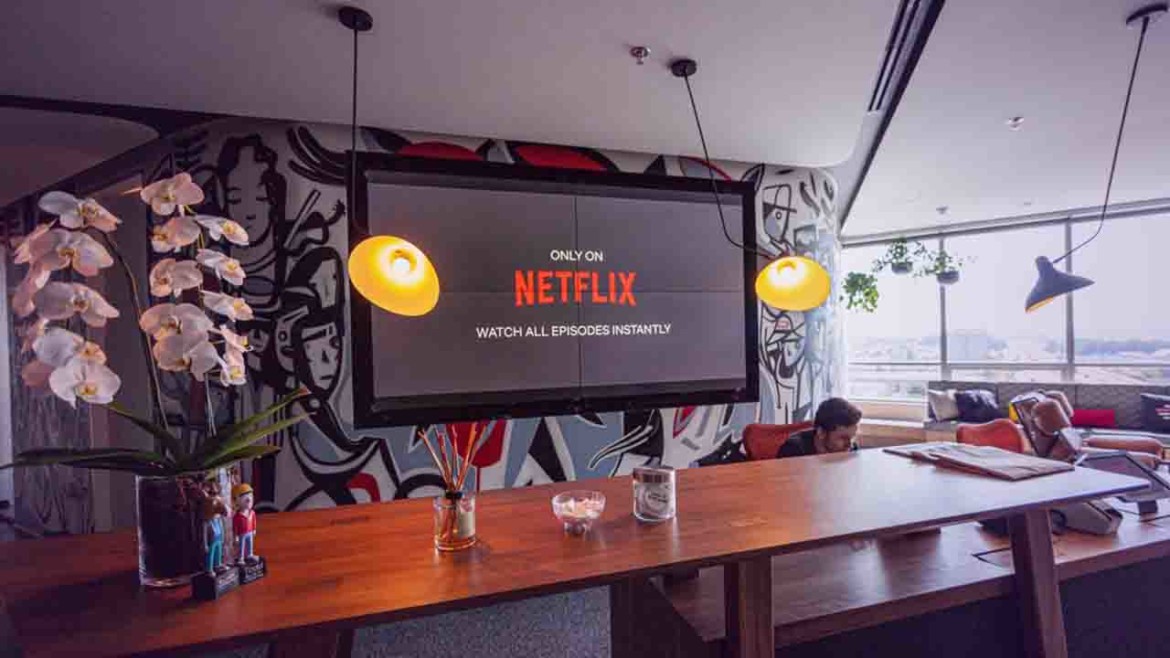German Corona Alert-App – USED ONLY THROUGH TRUST
A few months ago the German government launched the Corona-App. The app was developed by the BVDW members Deutsche Telekom and SAP. It is intended to further support the containment of the corona virus COVID-19 in Germany. Marco Junk, Managing Director of the German Digital Industry Association (BVDW) e.V.: “The use of the app must remain voluntary, this will contribute to its acceptance and thus to its success.”
How people react to the high risk of corona, which is shown by th app is controversial. Marco Junk: “That is why education remains the most important thing. To fight the virus, authorities, health insurance companies, doctors and companies must continue to work closely together. We must be able to explain the app and its benefits and also be able to allay fears and reservations, such as data protection concerns”.
According to the German government, no personal data is stored nor sent.
CERTIFICATES Prove Tested Quality
Another method of building trust in the digital economy is certificates.
Many clients find it difficult to evaluate service providers in the digital economy according to objective criteria. Not only the performance of systems and technologies must be compared, but also knowledge, creativity and many other factors. So the question arises: At what point does a service provider count as competent? How do I know who to hire?
The BCDW offers quality certificates in the fields of affiliate marketing, search engine advertising, search engine optimization, social media, programmatic advertising and full-service digital agencies. With the certificates, agencies and service providers can prove their tested compliance with quality principles. This is a clear advantage for clients: they receive orientation and support in selecting suitable service providers.
In the committees of the BVDW, providers and clients of digital services come together. The committees know both the needs of the clients and the perspective of the providers. The defined standards and quality criteria are very high. These high requirements must be fulfilled in order to receive a BVDW quality certificate.
Code of conduct FOR COMPLIANCE WITH QUALITY STANDARDS
In the digital economy, as in every industry, quality, professionalism, competence and know-how are decisive success factors. But can serious and professional working methods be proven? And how is quality defined?
In its focus groups Affiliate Marketing, Programmatic Advertising and Search, the BVDW has defined minimum requirements for its segments and laid them down in the Codes of Conduct Affiliate Marketing, Programmatic Advertising, Content Marketing, SEA and SEO. With their signature, companies commit themselves to comply with these conditions and criteria. If the voluntary commitment is violated, a rule of procedure is threatened.
The Code of Conduct strengthens trust in the digital economy.
digital Networking CHarter
The BVDW also participates in the “Digital Networking Charter”. This is a central social platform that aims to strengthen confidence in the possibilities of digitization. The main objective of this digital networking is to provide orientation in the development of a future-proof location for Germany and Europe and to establish a common digital understanding. Through their membership, signatories commit themselves to creating a basis for the discussion on digital responsibility in society as a whole and to actively contribute to this discussion.
As a basis, there are ten guidelines that address issues such as the handling of data, non-discriminatory participation, education and qualification, and the willingness to engage in dialog with business, science, politics and civil society.
Trust on Social Media
What does trust mean for campaigns on Facebook, LinkedIn and Co? How do you build trust in social media? “There are two ways to build trust: publishing a lot of content continuously or through customer reviews,” says Stephan Park.
“Regularly uploading content to the social media channels creates trust,as users realize that the company exists and that the channel “lives”. Company sites that are updated irregularly and only every few months with new content appear inanimate and users tend to turn away.”

Other additional very important factors that play a role in gaining trust are the competence, authenticity and content of the uploaded posts. The more expertise is communicated and shown to the outside world, the more trust develops. “Those who continuously demonstrate their knowledge and skills and above all generously share their knowledge create trust,” says Stephan Park. Those who have trust, whether in the company or the person, also buy.
But above all, being personal also carries risks. How much do I reveal of my private life? What works and what doesn’t? This, everyone must weigh up for themselves. Stephan Park: “I also share a lot of private information with my LinkedIn Followers. I’m not interested in puking up my private life on social media or showing how great I am. No. On the contrary. I also share heavy defeats and dark phases in my life with my audience. Why? Very simple: Because life has its ups and downs, and not just sunshine and a luxury suite in a 7-star hotel.
Building trust with followers and customers is not easy. It is important to be clear in advance which goals are to be achieved. From this results then the how and which. However, everyone should handle their given trust carefully and respectfully.






Leave a Reply